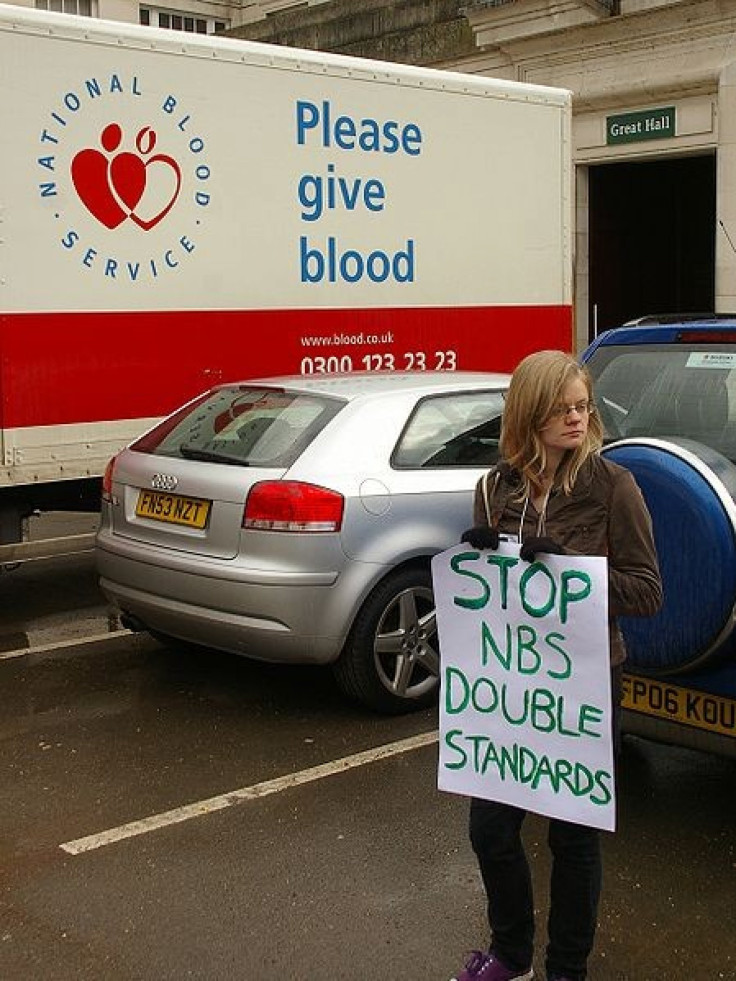UK Lifts Lifetime Ban on Gay Men's Blood Donations

England, Scotland and Wales will lift a lifetime ban on blood donations by homosexual and bisexual men, but only those who have not had sex in the past 12 months will be able to donate.
Blood donations by men who have sex with men (MSM) have been a controversial topic ever since the emergence of AIDS in the 1980s. The U.S. Food and Drug Administration still has a lifetime ban for all men who have sex with men since 1977.
While the donation restrictions apply to the female sex partners of MSM, women who have sex with women or with heterosexual men are not affected.
Gay advocates argue that the MSM ban discriminates against gay men in monogamous relationships and who practice safe sex and undertake regular HIV tests. They say authorities are hypocritical for ignoring promiscuous heterosexuals.
According to a BBC report, the British gay rights group Stonewall called the move was a step in the right direction, but chief executive Ben Summerskill said high-risk heterosexuals still find it easier to donate blood than low-risk gay men.
A gay man in a monogamous relationship who has only had oral sex will still automatically be unable to give blood but a heterosexual man who has had multiple partners and not worn a condom will not be questioned about his behavior, or even then, excluded, he said.
Proponents of the lifetime restriction cite the risk of false negative test results and higher prevalence of HIV/AIDS infection among gay men. In the U.S., men who have had sex with a man after 1977 have HIV prevalence 60 times higher than the general population. An evaluation in Australia, of relative risk between a year's deferral after the most recent MSM contact and a five-year deferral showed no evidence of a significantly increased risk of transfusion-transmitted HIV.
In the United States, MSM accounted for 49 percent of new HIV diagnoses reported in 2005. Estimates of MSM in the U.S. vary from 0.5 percent to 13.95 percent. The U.S. census does not ask about sexual practices. African Americans, who are also at high risk but are not banned from donating blood, accounted for 49 percent of new HIV diagnoses reported in 2007 and 12 percent of the population. The MSM risk group is the only group in which the annual number of infections is increasing.
© Copyright IBTimes 2024. All rights reserved.












